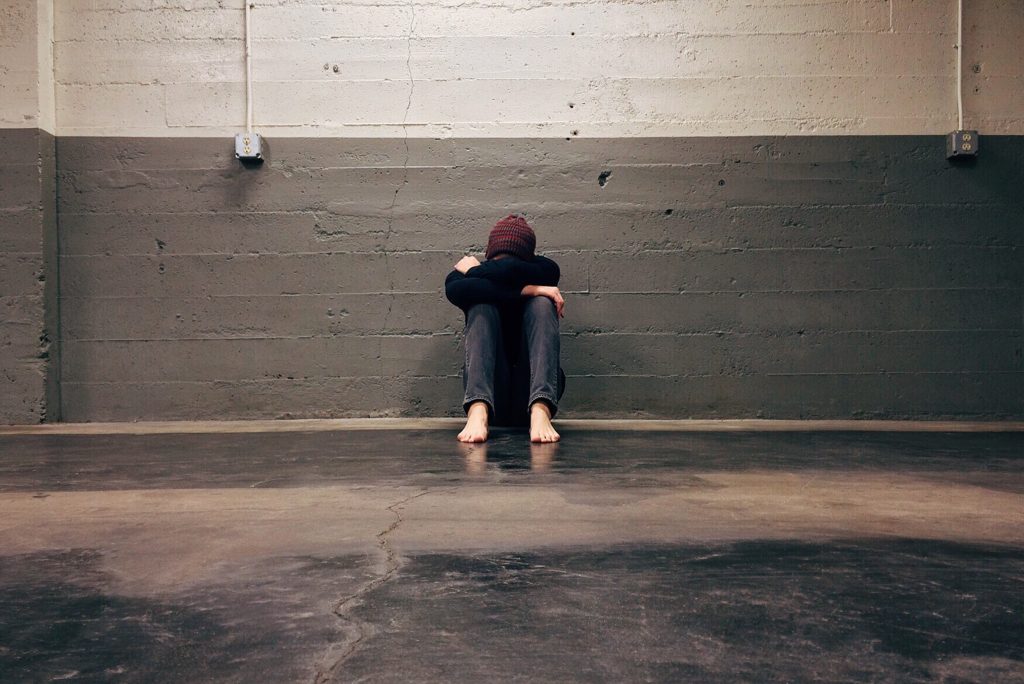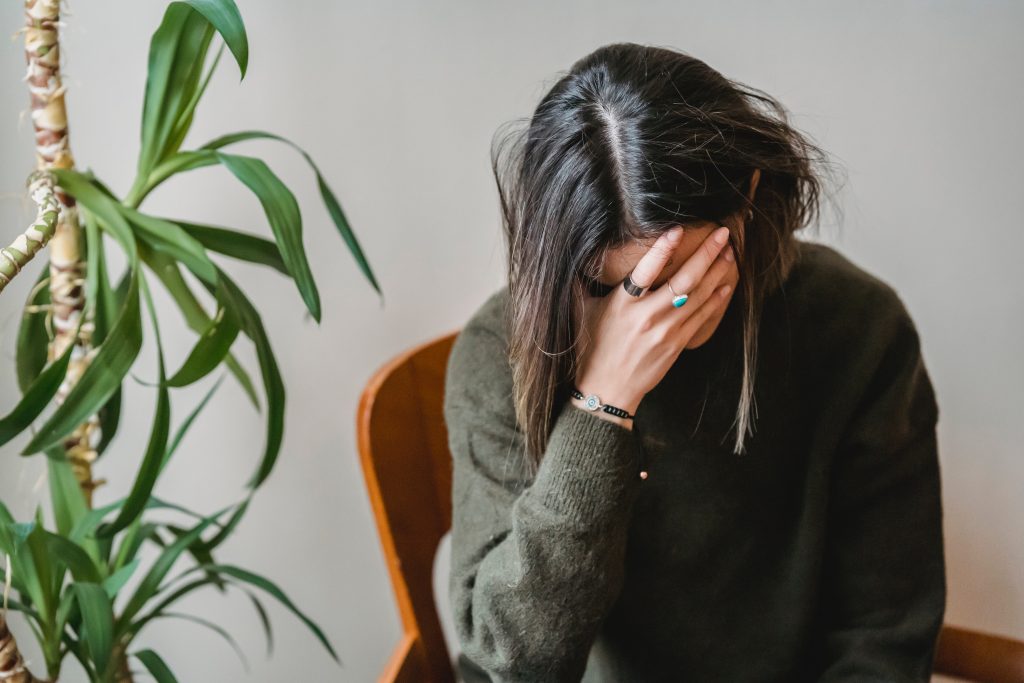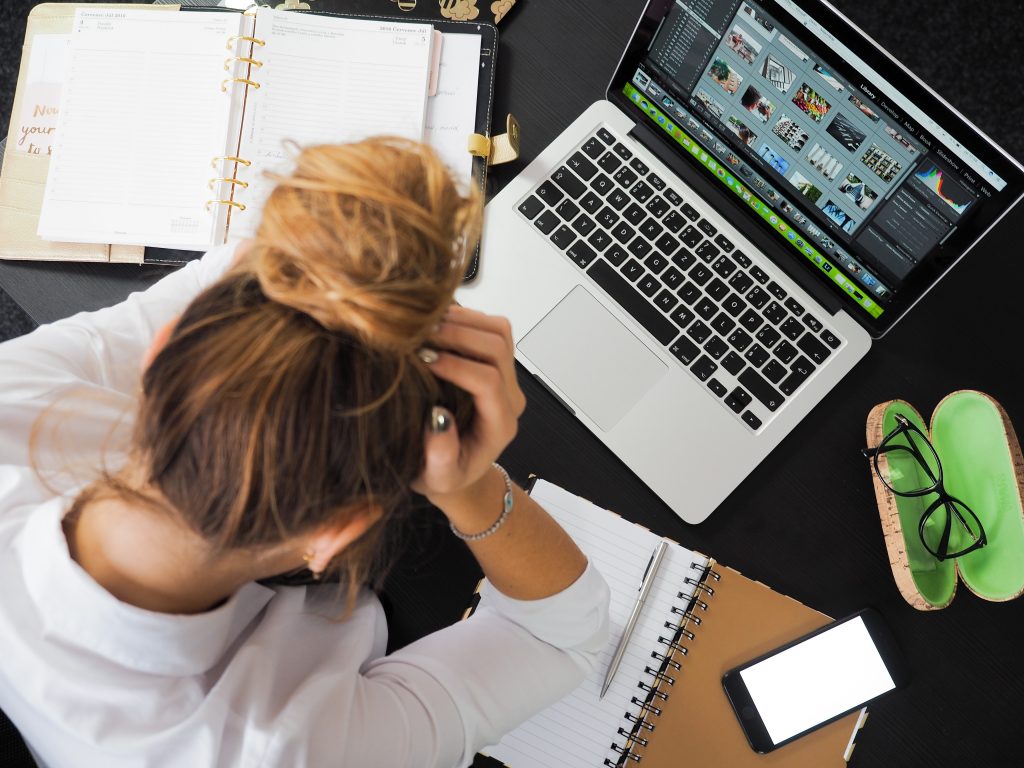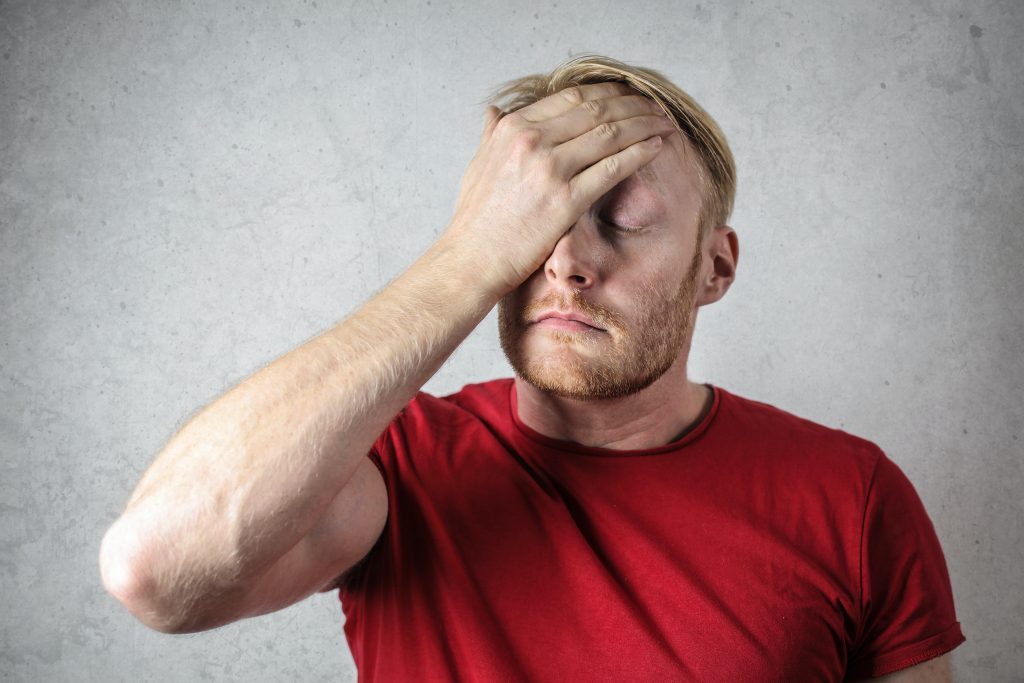At Mental Health and Wellness and St. George Children and Family Psychiatry in St. George, Utah, our mission is to offer valuable insights and support to individuals navigating a wide range of mental health concerns. Today, we’re here to shed some light on those pesky physical effects of anxiety and offer strategies for managing them. Let’s dive in and find out what your body might be trying to tell you when anxiety comes knocking!
What Does Anxiety Feel Like?
Picture this: anxiety is like a wild ride at an amusement park, and everyone’s experience is unique. It’s a rollercoaster that brings on a range of physical sensations. Alongside the classic chest discomfort, you might encounter bellyaches, nausea, and an overall sense of unease. It’s like a mixed bag of surprises!
When anxiety targets your chest, it can feel like tightness, pressure, or even a sudden stab. It’s as if a tiny gremlin decided to play drums on your ribcage. Some folks even describe it as a dull ache or a hefty weight on their chest. Oh, the joy!

But remember, anxiety symptoms can sometimes resemble those of other medical conditions. So, it’s essential to consult with a healthcare professional to rule out any unwanted guests causing havoc in your body. They’ll provide personalized guidance and ensure you’re on the right path to well-being.
How Long Do Anxiety Symptoms Last?
Most of the time, anxiety-related physical discomfort, like chest pain, takes its bow after a few minutes to a few hours. But remember, everyone’s journey is different, so buckle up and be prepared for some unexpected twists and turns.
To uncover the secret code of your symptoms, keep a mental note of when they show up, how long they stick around, and what other characters join the party. These clues can help you unlock patterns and identify potential triggers. If symptoms persist or turn into regular house guests, it’s time to seek medical attention. Your well-being deserves the spotlight!
Managing Chest Pain from Anxiety

Ready to take control and show anxiety who’s boss? Let’s explore some strategies to manage those physical symptoms that like to crash the party:
Deep Breathing and Relaxation Techniques:Take a breath and imagine yourself on a tropical island, sipping a mocktail. Engage in deep breathing exercises like a relaxation superhero, and incorporate techniques like progressive muscle relaxation or guided imagery. Your body will thank you for the mini-vacation!
- Cognitive-Behavioral Therapy (CBT): Join forces with a mental health pro who specializes in cognitive-behavioral therapy (CBT). Together, you’ll unravel the tangled web of negative thoughts that contribute to anxiety symptoms. Say goodbye to those worry monsters and hello to newfound resilience!
- Regular Exercise: Lace up those sneakers and show anxiety who’s the real boss! Regular physical activity not only reduces anxiety levels but also boosts your overall well-being. It’s like an endorphin-filled party for your brain and a well-deserved break for your muscles. Let’s kick stress to the curb! Explore stress reduction techniques like mindfulness meditation, yoga, or indulging in hobbies that make your heart sing. Finding healthy outlets to manage stress is like giving anxiety an eviction notice. Sayonara, stress!
- Herbal/Homeopathic Remedies: Some folks find relief from anxiety symptoms with the help of herbal supplements or homeopathic remedies. Just make sure to consult with a healthcare provider before hopping on the natural train. Safety first, my friend!
- Psychiatric Medications: In certain cases, psychiatric medications can come to the rescue for severe or persistent anxiety symptoms. These superhero medications, like selective serotonin reuptake inhibitors (SSRIs) or benzodiazepines, should only be prescribed and monitored by qualified healthcare providers. They’ll make sure you’re on the right path with minimal side effects.
By incorporating these strategies and seeking professional guidance, you’ll be armed with the tools to tame those anxiety-related physical symptoms. Remember, your well-being deserves the spotlight, so don’t hesitate to reach out for the support you need.

Where is Anxiety Usually Felt?
Expect anxiety-related discomfort to play its leading role in the middle of your chest. Sometimes it’s a solo act, but it can also bring backup dancers to the left or right side of your chest or even set up camp in your upper abdomen. Oh, the surprises anxiety has up its sleeve!
Remember, though, anxiety-related physical symptoms, like chest discomfort, are not direct indicators of heart issues. But if you’re unsure or concerned, it’s always a good idea to seek medical evaluation. Let the healthcare pros unveil the mystery behind your symptoms and guide you toward peace of mind. They’re the real heroes of the medical world!
Anxiety vs. Panic Attacks and Heart Attacks
Time to differentiate between our anxiety superheroes! When it comes to physical symptoms like chest discomfort, abdominal pain, and more, it’s crucial to tell anxiety-related chest pain, panic attacks, and heart attacks apart. They each have their unique superpowers!
Anxiety chest pain is the sly sidekick of stress and anxiety, often accompanied by fellow mischief-makers like abdominal pain, nausea, and that general feeling of unease. It’s like they’re having a secret party without an invitation!
In contrast, panic attacks are like drama queens on stage. They burst onto the scene with intense chest pain, rapid heartbeat, shortness of breath, dizziness, and even a touch of impending doom. It’s like a high-intensity thriller playing out in your body.
Now, when it comes to heart attacks, it’s a whole different story. They bring their A-game with severe chest pain, sweating, and pain that might radiate to the left arm or jaw. If you suspect a heart attack is stealing the show, it’s time to dial those emergency services without delay!
If your symptoms align more closely with anxiety-related or panic attack symptoms—chest discomfort, abdominal pain, nausea, and that feeling of unease—it’s wise to consult with a healthcare professional. They’ll unravel the mystery behind your symptoms and provide the guidance you need. Remember, superheroes don’t tackle these challenges alone!

The Role of Blood Pressure in Anxiety Chest Pain
Ah, blood pressure, the secret agent in this anxiety plot! Anxiety can have a knack for influencing blood pressure, adding some extra excitement to the mix. During those anxiety-filled moments, stress hormones kick into action, temporarily raising your blood pressure. It’s like a little adrenaline-fueled dance party!
To keep the situation under control, monitoring your blood pressure and adopting healthy lifestyle habits are your secret weapons. Fuel your body with a balanced diet, get your heart pumping with regular exercise, embrace those relaxation techniques like a pro, and never underestimate the power of a good night’s sleep.
If you have concerns about your blood pressure in relation to your anxiety symptoms, it’s important to consult with your healthcare provider. They can evaluate your condition, provide guidance on managing blood pressure and anxiety, and tailor their recommendations to your unique needs. Together, you’ll be the dynamic duo keeping anxiety in check!

There you have it, a journey through the physical effects of anxiety with a sprinkle of lightheartedness! Remember, anxiety can be a wild ride, but understanding its symptoms and managing them can lead to a happier, healthier you.
By implementing strategies like deep breathing, therapy, regular exercise, stress management techniques, and seeking professional advice when needed, you’ll be equipped to conquer those physical symptoms and reclaim control. Don’t forget the importance of consulting with a healthcare provider—they’re the guiding lights on this adventure.
At Mental Health and Wellness of Southern Utah and St. George Children and Family Psychiatry, we’re committed to supporting you on your path to well-being. If you or a loved one experiences anxiety-related physical symptoms, don’t hesitate to reach out to a healthcare professional who can offer personalized guidance and support. Together, we’ll navigate the challenges of anxiety and pave the way for a brighter, more fulfilling life.


